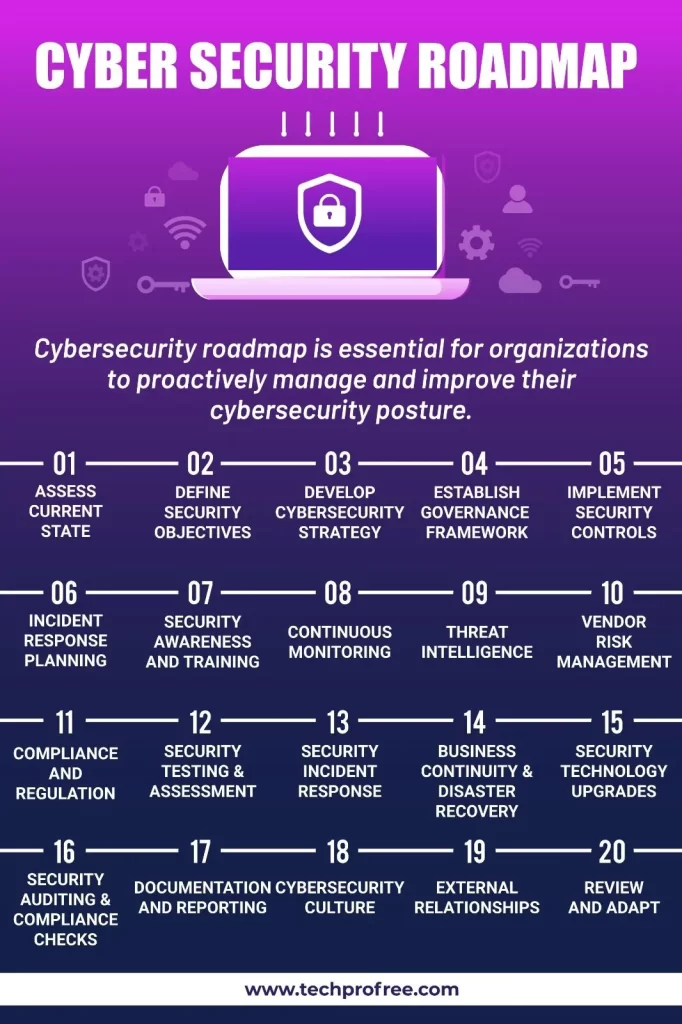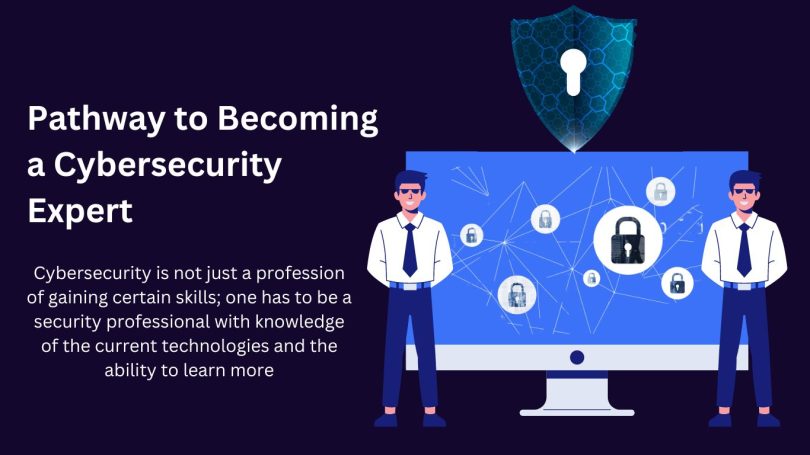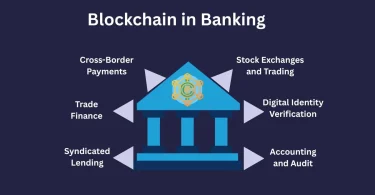Discover the path to Becoming a cybersecurity expert in current Era . From essential skills to top certifications, this guide offers practical steps to kickstart or advance your career in the fast-growing cybersecurity field .Cybersecurity is not just a profession of gaining certain skills; one has to be a security professional with knowledge of the current technologies and the ability to learn more.
Today, the threats are rising higher and higher, and thus the need for professionals who will be able to protect the networks and data is paramount. This broadsheet aims to provide a step-by-step approach to success in the study of cybersecurity . In this Blog Your will be able to learn about Become a cybersecurity Expert .
How to Become a Cybersecurity Expert?
Obtain a Degree
Start with a basic academic qualification that is a bachelor’s degree in Computer Science, Information Technology, Systems Engineering or any other related field.
Pursue Advanced Education
It is recommended to continue your education and get a Master’s degree in Cybersecurity or a field related to it to enhance your experience.
Enroll in Accredited Training Programs
Take accredited cybersecurity training to acquire practical skills and updated information about cybersecurity.
Engage in Industry-Related Projects
Practice different areas of cybersecurity in the industry to gain practical experience. This is a very useful way of learning as it exposes the students to the practical realities of the business world.
Acquire Relevant Certifications
Take and pass tests to get certifications like the CISSP, CEH, or CISM to prove your competency in cybersecurity.
Aspiring cybersecurity experts
Understand the Fundamentals
Learn about the most common types of threats, ways of attacks and essential security measures and principles.
Stay Informed
Update yourself with the current trends and knowledge in the cybersecurity discipline. It is crucial to carry out constant learning as hackers are always devising new strategies and methods.
Develop Practical Skills
Participate in practical sessions and workshops to get some hands-on experience. Experience is the best teacher when it comes to cybersecurity.
Join Professional Organizations
Engage with other professionals in cybersecurity organizations or social groups. Working in a network means getting useful information, guidance and offers.
Applying these steps and building up new knowledge, a person can become a good cybersecurity specialist ready to face the further evolution of the threats to digital infrastructure.
Skills Needed to Become a Cybersecurity Expert
It is rather self-explanatory that the role of cybersecurity becomes even more significant in the contemporary world that is characterized by the active use of digital technologies. The role of qualified cybersecurity specialists is especially relevant because of the constant threats to companies and government’s important data. It is to be mentioned that for success in this area of specialization, a person has to build an effective skill base. Here are eight essential skills every cybersecurity specialist should possess…
Strong Technical Foundation
A general view of the subject and detailed knowledge of how computer networks work is necessary. Knowledge of frequent security threats and their exploitation methods is also important.
Hacker Mindset
If cybersecurity specialists are to protect the systems efficiently, then they have to adopt the mindset of a hacker. With this view, they are always in a position to forecast attack plans and counteract them before they take place.
Problem-Solving Skills
The threats in the cyber domain are usually complex and have multiple layers. For specialists, problem-solving skills are essential to monitor and define problems, as well as find the best ways of their solution.
Excellent Communication Skills
Due to this, technical information must be relayed to the non-technical personnel and clients in a manner that they can easily understand. Just like in any other team, interacting with the rest of the team members is crucial when it comes to cybersecurity operations.
Methodical Approach
Sensitivity and accuracy are hence very important when practicing cybersecurity. In this context, Specialists need to examine data thoroughly and look for signs that possibly point to security threats.
Knowledge of Security Protocols
It is crucial to understand the best practices to protect information since cybersecurity measures vary from the norm of the business world. This encompasses the aspects of encryption, authentication and secure communication.
Analytical Skills
In general, the identification of potential threats involves reasoning and critical thinking. The position of cybersecurity specialists demands one’s ability to analyze various information, in order to identify potential threats.
Creativity
Since hackers do not stop inventing new ways to attack systems, security experts have to think outside the box.
Patience
Investigations and the enforcement of security measures take time because they have to be thorough. One needs to be very patient to ensure that the various sub-factors of security are not overlooked.

Conclusion
The threat level of cybercrimes increases significantly, keeping this in mind there is a need to produce a new generation of cybersecurity professionals. This way, you have been armed with information and strategies that will enable you flourish in this ever evolving profession. Just because you are an expert, it is imperative to underline that learning process is lifelong, it is important to continue practicing, get new experience, and obtain necessary certifications. The journey might look complicated, but the end product is worth the effort. With the rise of cyber threats, you will have the opportunity to contribute to the protection of our digital systems, preserving information confidentiality, and improving people’s security in the digital world.




Leave a Comment